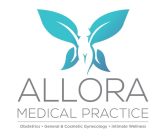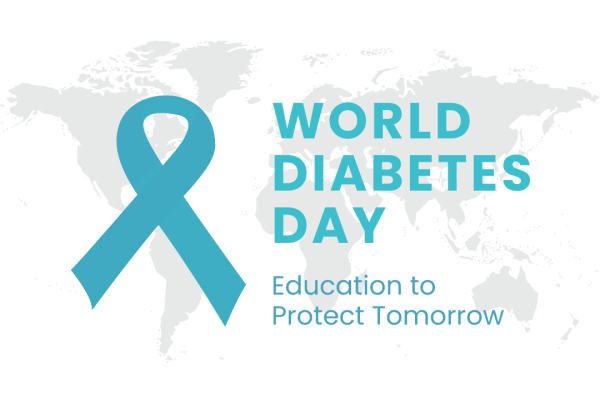Symptoms, Diagnosis, and Treatment
Polycystic Ovarian Syndrome (PCOS) is a complex hormonal disorder affecting many women worldwide. Despite its prevalence, the full understanding of PCOS remains elusive, leading to a range of symptoms and diagnostic challenges. This article aims to clarify what PCOS is, its symptoms, diagnostic methods, and the various treatment options available.
What is PCOS?
PCOS is a multifactorial condition characterized by the presence of numerous small cysts in the ovaries. These cysts are follicles that have not matured fully, leading to hormonal imbalances. Contrary to single ovarian cysts, PCOS involves many cysts in each ovary—often more than 20. These cysts are not usually removed surgically as they are not cancerous but contribute to the disorder’s symptoms.
Symptoms of PCOS
The symptoms of PCOS can vary but generally include a combination of the following:
1. Hormonal Imbalances: Elevated levels of male hormones (androgens), such as testosterone, which can lead to symptoms like acne, excessive hair growth (hirsutism), and male-pattern baldness.
2. Menstrual Irregularities: Women with PCOS may experience irregular periods, missed periods (amenorrhea), or very heavy periods. Some may also suffer from dysfunctional uterine bleeding due to thickened endometrial lining.
3. Insulin Resistance: Many women with PCOS have insulin intolerance, leading to weight gain and difficulty in losing weight. This can also increase the risk of developing type 2 diabetes.
4. Obesity: A significant number of women with PCOS are obese, often exacerbating other symptoms of the condition.
5. Infertility: Due to irregular ovulation or anovulation (lack of ovulation), women with PCOS may face challenges with conceiving.
6. Acanthosis Nigricans: This condition causes dark, velvety patches of skin around the neck and other areas, often mistaken for poor hygiene.
Diagnosing PCOS
To diagnose PCOS, healthcare providers typically look for the presence of at least two of the following three criteria:
1. High Androgen Levels: Elevated levels of male hormones, which can cause symptoms such as acne and excessive hair growth.
2. Menstrual Irregularities: Irregular or absent menstrual cycles.
3. Ultrasound Findings: An ultrasound showing more than 20 cysts in each ovary.
Additionally, a hormonal profile and other tests may be conducted to rule out other conditions, such as thyroid dysfunction or prolactin abnormalities. Tests for insulin resistance, including an oral glucose tolerance test or HbA1c, are also commonly performed.
Treatment Options for PCOS
Treatment for PCOS varies based on whether the patient is seeking to manage symptoms or address fertility issues:
1. Lifestyle Changes: Weight loss can significantly improve PCOS symptoms. Even a 10% reduction in body weight can lead to substantial improvements in hormonal balance and symptom management.
2. Medications:
○ Hormonal Contraceptives: Birth control pills can help regulate menstrual cycles and reduce symptoms such as acne and excessive hair growth.
○ Insulin Sensitizers: Medications like metformin or inositol can improve insulin sensitivity and help with weight management.
○ Ovulation Induction: For women seeking to conceive, medications that stimulate ovulation can be prescribed. In cases where medication is insufficient, assisted reproductive technologies like in vitro fertilization (IVF) may be considered.
3. Surgical Options: In rare cases, a minimally invasive procedure known as ovarian drilling may be performed. This involves creating small holes in the ovary to improve hormonal balance and enhance fertility.
Long-Term Complications
PCOS can have several long-term health implications if left unmanaged:
● Type 2 Diabetes: Insulin resistance can progress to diabetes if not addressed.
● Endometrial Hyperplasia and Cancer: Prolonged thickening of the uterine lining can increase the risk of endometrial cancer.
● Hypertension and High Cholesterol: The hormonal imbalances in PCOS can contribute to high blood pressure and elevated cholesterol levels.
Conclusion
While PCOS is a challenging condition with a variety of symptoms, it is manageable with appropriate treatment and lifestyle adjustments. Understanding the disorder and seeking timely medical advice can greatly improve quality of life and overall health. For those struggling with PCOS, remember that effective treatments and support are available to help navigate this condition.




